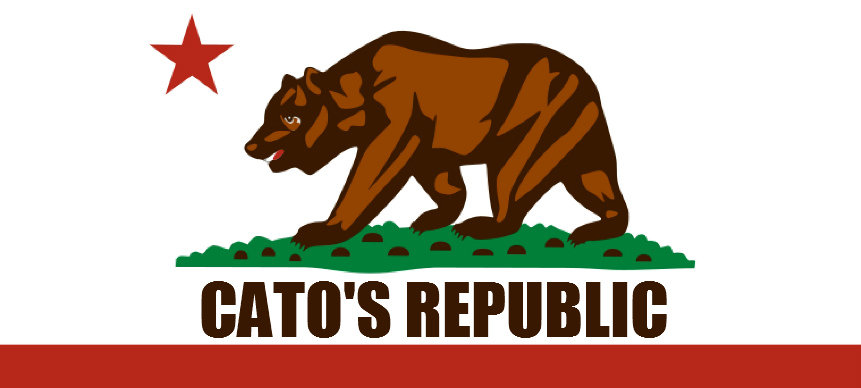Every year near the Fourth of July I take the time to read the Declaration of Independence. Its strange to think that 237 years ago a small group of men locked themselves in a room and decided that in the name of what they believed to be right, they would take on the strongest superpower of the time. I imagine the mood in that room must have been as tense and heated as a July afternoon can be as they contemplated an action that could have very well meant death for each and every one in attendance.
We all know the first part of the Declaration, the part that declares that all men are created equal and that we all are entitled to certain rights namely: life, liberty, and the pursuit of happiness. It is never this part that moves me. It is powerful language, no doubt, and it has been used and quoted time and time again to demonstrate what those men fought for and what this country is about. Yet, what has a larger impact for me is not what these men decided to fight for, but rather, what they were willing to sacrifice. The very last sentence of the last paragraph of the Declaration reads:
"And for the support of this Declaration, with a firm reliance on the protection of divine Providence, we mutually pledge to each other our Lives, our Fortunes and our sacred Honor."
Our Lives, our Fortunes, and our sacred Honor. The thing that is especially captivating about this line is that it not only demonstrates their willingness to sacrifice everything they had, but also that they truly understood just how large that sacrifice may be. For these ideas, these rights of equality and liberty, these men and those who followed them were willing to give their lives; and not just their own, but also those close to them that they knew would follow their lead. They were willing to give their fortunes, every worldly possession that some had spent their lives acquiring. And lastly, and most importantly, they were willing to give their Honor.
Fortunes can come and go with ease. Human life is immensely valuable but also transitory. Honor on the other hand...honor is something that we leave behind forever. In the same way that we now emphatically celebrate these men as heroes, as patriots, as fathers, we could just as easily revile them as cowards, villains, and traitors. These men knew that for the rest of human history they could be known as some of the most heinous, murderous, and evil people that had ever lived but even that, even that risk of an eternal taint, would not stop them.
These men risked everything for what they thought was right. They believed in their cause so deeply, so truly, that nothing - not death, not poverty, not even eternal dishonor - would prevent them from making a stand.
I imagine all this racing through their heads on that humid July day as each approached the front of that silent room, lifted their pen, and never looked back.
There are things in life that are worth fighting for, there are things that are worth dying for, but should we ever come across something so important we are truly willing to give everything for it, I pray we are strong enough to rise to the challenge. And furthermore, I pray with all my heart that one day we find it.
